“But I will rejoice even if I lose my life, pouring it out like a liquid offering to God.” Phil 2:17
This fostering journey has taken it’s toll on me emotionally and physically but it has grown me spiritually. My natural tendency is to think that when it is hard or when I see myself or my kids being affected that we shouldn’t have done this. But, that’s simply not true. We know that we are right where we are supposed to be. We didn’t make a mistake.
Somehow, we have this notion in our heads that if we’re in God’s will, life will be easy and uncomplicated. Things will make sense but that is just not the case. If it were, where would faith come in? Why would we need to be dependent on Him?
I’ve been pondering the story of Jesus’s birth – The Story. Mary was pregnant with the Son of God. The King. The Savior Himself. And yet Mary and Joseph went from Inn to Inn looking for a place to rest. They had to question what in the world was going on. “God, you want this baby to be born healthy don’t you? We need a place to stop. Why are there no rooms? I thought this was Your plan but it doesn’t make sense to us. It hurts.”
In our own waiting seasons, don’t we find ourselves asking the same types of questions? Mary’s situation was not easy or uncomplicated. It was definitely not comfortable. She was affected in many ways and yet through her obedience, she received the greatest gift imaginable. She held Jesus in her very arms. She cared for the King of Kings. I cannot grasp this really.
In our situation, I have come to realize that I need more help. I have always been full of emotion but with the added stress that six kids brings (and oh they do!), my lows have been lower, and I need some help with steadying out my hormone levels. I’ve talked with my Dr. and we have a plan to try out some medication.
This is not really fun for me to share but I do so because I want you to know the realities. I know there are differing opinions on this whole issue but we believe that this is the right next step for me.
Even so, I struggled with this. One of my biggest fears going into fostering was that I would “wither up like an old dead flower” and let me tell you, Satan has been throwing that back in my face. “Look, Jami. You have failed, you can’t handle it. You are losing.” But I am not accepting his lies nor his evil whispers. I will choose to listen to the Voice of Truth. He tells me “You don’t need to handle it. I am in control. I have given doctors the ability to help you. This is My provision right now.
When I am weak, He is strong. His strength is made perfect in my weakness. He doesn’t call us to pull up our bootstraps and work harder for Him, He knows our weaknesses. He just wants us to look to Him and be led by Him. He calls us to obedience, no matter what the cost. Even if that means the decline of health. Even if that means pain. He died for us. Why should we not suffer for Him? In our situation, my “suffering” pales in comparison to what the three little ones in our care have experienced. They are worth it.
________________________________________
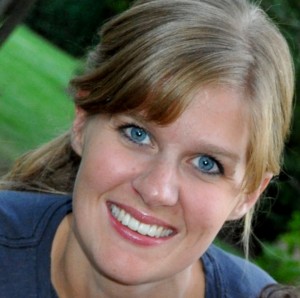
Jami Kaeb is wife to Clint and together they have six children (four of whom were adopted). After having her eyes opened to the overwhelming needs of those in the foster care system, she began a journey that ultimately led her to found The Forgotten Initiative (TFI). TFI equips and supports “Forgotten Advocates” to bridge the gap between Agencies and the Church, bringing joy and purpose to the foster care community. Learn more at www.theforgotteninitiative.org. Jami loves coffee. A lot. And connecting with others. When the two are mixed, she is especially happy! You can get to know her better through her blog at www.lifewithapersonalgod.org.

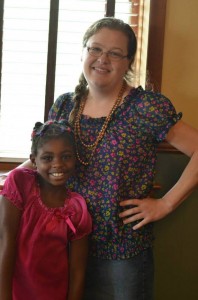
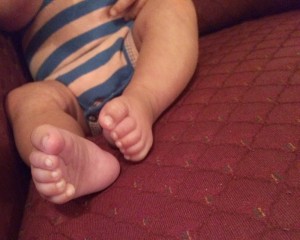

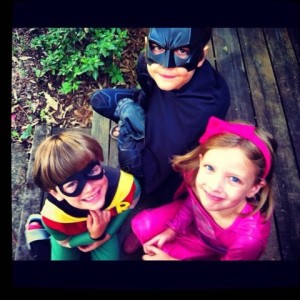




.jpg)
.jpg)

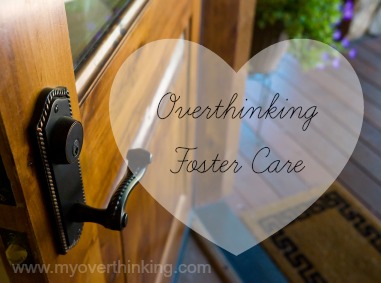
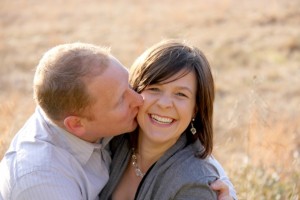

.jpg)
.jpg)
.jpg)